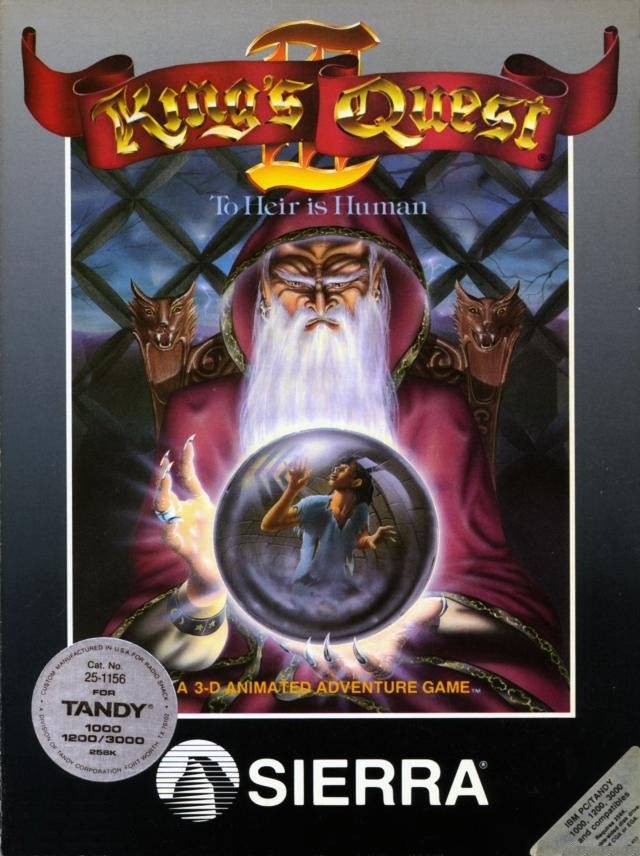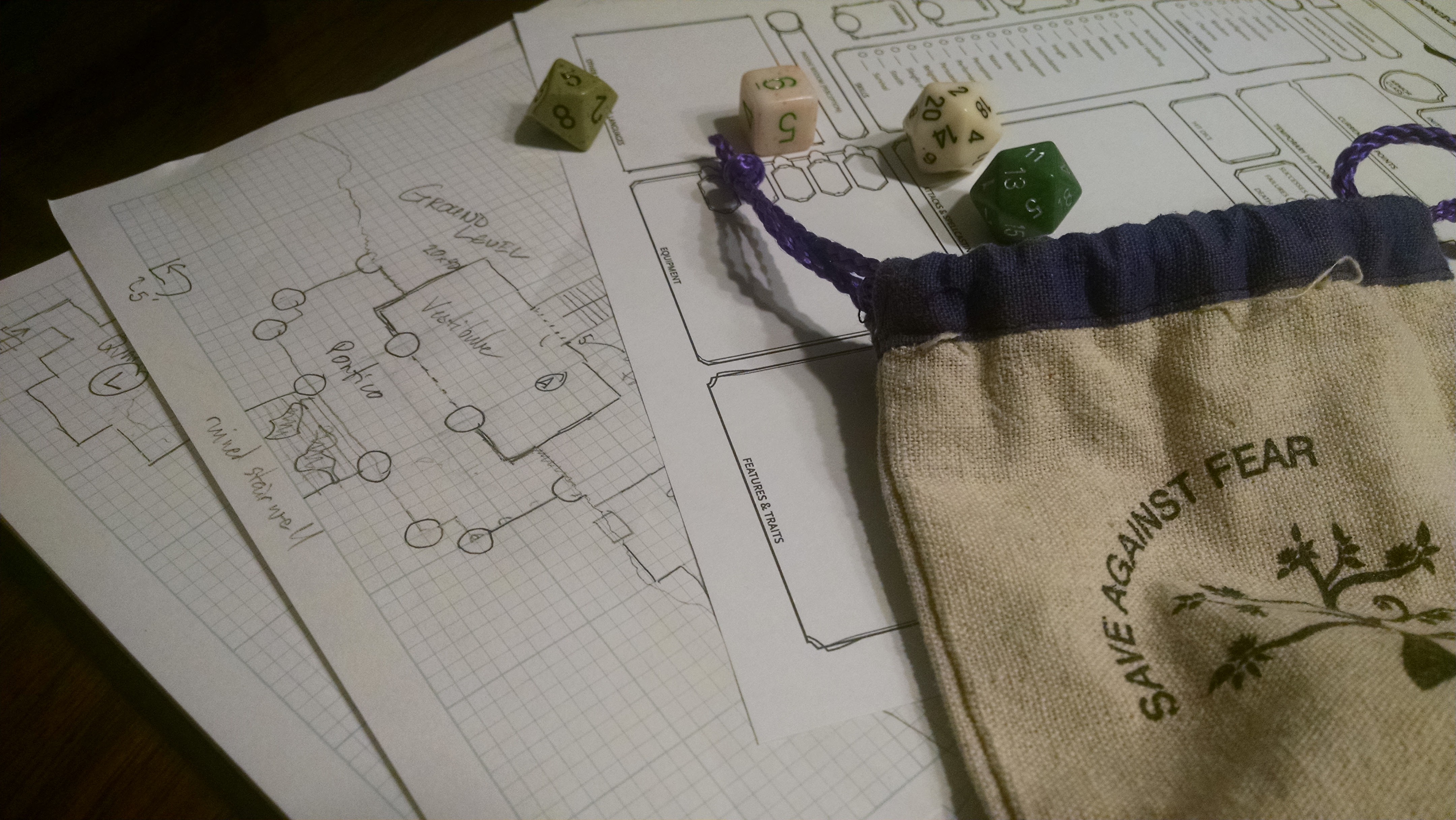Note: Grant has this week off from Weekend Reading for family reasons (nothing to be concerned about). He’ll be back next week, but for this week, Jenny and I have tried to be a little extra interesting. Enjoy! -Peter
Jenny
One of my friends that I met during my time in Sault Ste. Marie is doing a series of posts on her blog about how she came to be a pastor of the Pentecostal church. The one she wrote this week – primarily focusing on role models and Proverbs 31 – really resonated with me, because in it she emphasizes the “why not both?” mentality of women in the church; a view that I very much admire in others, but have difficulty claiming for myself.
These are real people of course, not points in making a case. They aren’t made up for a point, but they’re a record of how men and women – like us – lived and were used by God.
Like us, they were sinful. Living in societies that got some things right and were woefully deficient in others.
But seeing what was praised? – what characteristics were worthy of honour? That made an impression on me.
And no one more than the oft-misconstrued Proverbs 31 woman.
As I have mentioned in previous weekend readings, I love a beautiful and well-laid out character sheet. One of my favourite artists (I’ve been following her on social media for 7 years now, and wowzers she is skilled) has made a wonderful character sheet, and made the PDF available on Gumroad for a couple dollars.
And for this week’s miscellany, I’ve got a slightly controversial one. Nashra Balagamwala, a game designer from Pakistan, made a board game about arranged marriage not too long ago. She ran a successful Kickstarter campaign around it, and then found that people thought her game was completely against arranged marriages. In reality, she made the game with both a critical and educational eye, and didn’t want to be so controversial. So she spoke with the BBC about the matter. The game itself looks more like it’s poking fun at some of the attitudes surrounding marriage in Pakistan, and apparently it has started some important conversations between generations of families.
“People in the West often confuse arranged marriages with forced marriages,” Nashra Balagamwala says, on the phone from Islamabad. “They go by a lot of what they see in the press. The acid attacks. The so-called honour killings. The complete absence of choice. My game was not meant to be part of that dialogue.”
Balagamwala’s board game, Arranged!, is far from an advert for arranged marriage. Its central character is a matchmaker “auntie” eagerly trying to chase down three girls while they attempt to outwit her and delay marriage.
Peter
This is a bit of a cheat, because it came from Jenny sharing it on Facebook, but she okayed me using it here, so I present a truly staggering repository of childrens’ books online. (Via this article.) This is a surprisingly good resource for gamers in addition to just being a neat, worthy thing on its own. Childrens books often have interesting plots and fantastical elements that can make good frameworks for an TTRPG adventure. I still want to use Cyrus the Unsinkable Sea Serpent in a D&D game some day. (Side note – if you’ve never read THAT childrens’ book – you’re missing out big-time.) And of course it’s a fascinating history lesson.
We can learn much about how a historical period viewed the abilities of its children by studying its children’s literature. Occupying a space somewhere between the purely didactic and the nonsensical, most children’s books published in the past few hundred years have attempted to find a line between the two poles, seeking a balance between entertainment and instruction. However, that line seems to move closer to one pole or another depending on the prevailing cultural sentiments of the time. And the very fact that children’s books were hardly published at all before the early 18th century tells us a lot about when and how modern ideas of childhood as a separate category of existence began.
There’s a great interview about the nuances of time travel and story in Into the Breach here. For those who haven’t played Into the Breach, it’s a strategy game about time travelers in mechs trying to fight off a race of giant subterranean insect creatures called the Vek before they wipe humanity out completely. That’s really about all you need to know in order to appreciate the article.
If there’s one thing that grips me more about Into The Breach than the razor-sharp tactics of its death-chess scenarios, it’s trying to wrap my flabby brain about the dark possibilities and implications of its terse but tantalising plot. I’ve already espoused one possible and particularly fatalistic reading of what’s going on – the idea that every time your team of time-travelling Mechs wins, loses or otherwise begins a new campaign, they spawn a new timeline full of human suffering – but without definitive answers from the game itself, that’s little more than a guilt-stricken guess.
This is long. But you should read it all anyway. It will touch you and make you think.
We gave our readers a one-word writing prompt: “door.”
This one may be well-known to a bunch of you, but if you haven’t checked out Matthew Coville’s YouTube channel yet, give him a shot. He’s got some solid advice for new GMs, and while I think sometimes he stacks the challenge a little high in adventure design, it’s pretty obvious that he’s giving all of his advice in good faith. Seems like a super nice guy, too.



